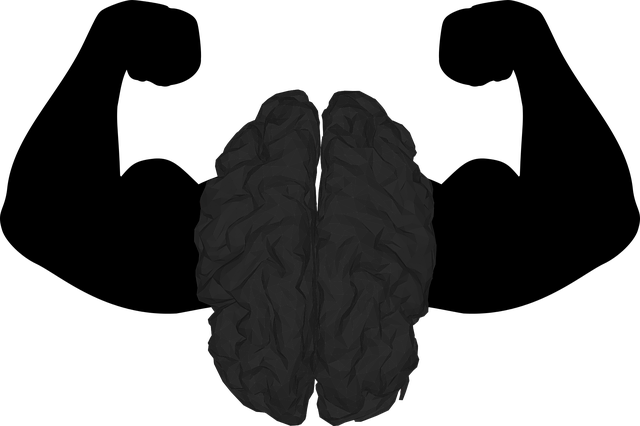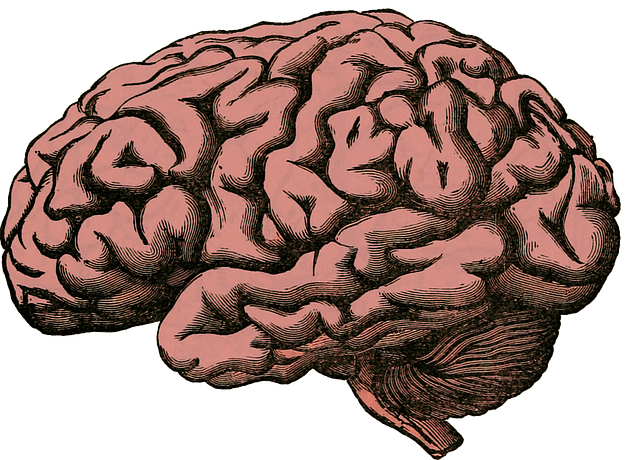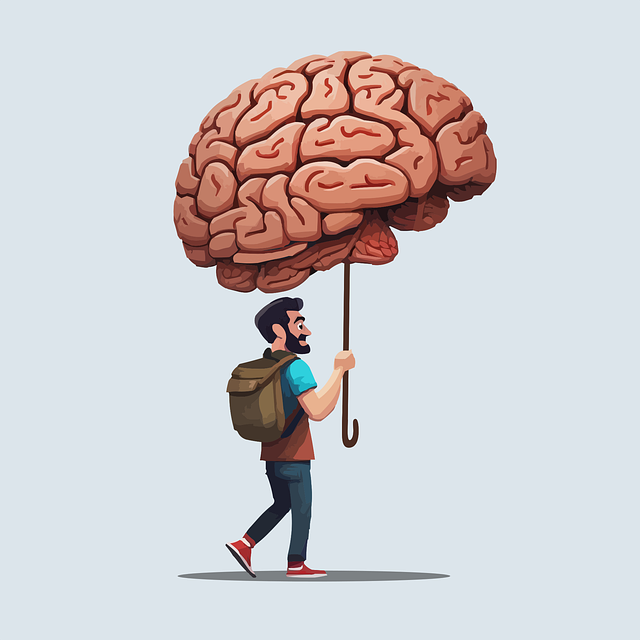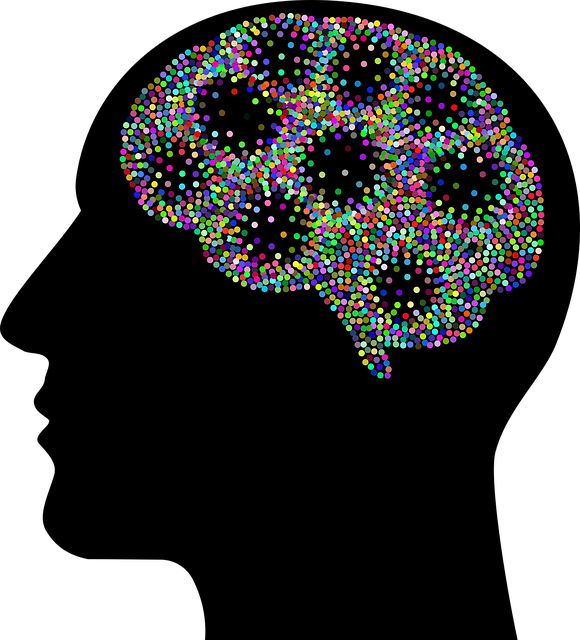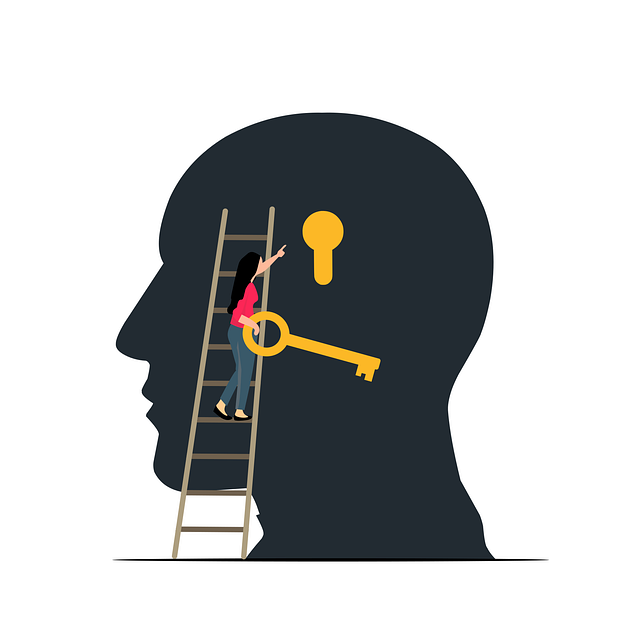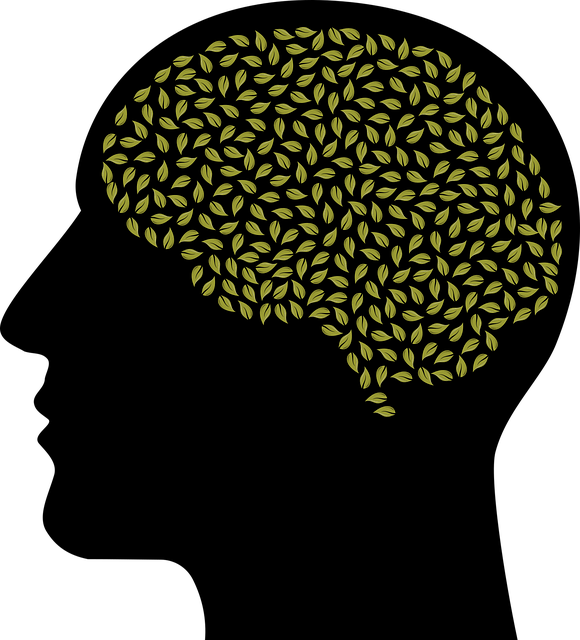Mental health significantly influences our interactions and relationships. Englewood Relationship Issues Therapy focuses on addressing common mental health disorders affecting personal connections through tailored programs. These initiatives combine therapy techniques, workshops, group discussions, and peer support to break stigma, educate on stress management, and empower individuals in managing their well-being. CBT and multimedia resources enhance engagement, making mental health education more accessible and effective.
Mental health is a cornerstone of overall well-being, yet it’s often overlooked. This article explores the design of a comprehensive education program aimed at addressing Englewood Relationship Issues Therapy. We delve into understanding mental health and its profound impact on interpersonal connections, guiding readers through creating engaging community programs. By combining educational strategies with effective therapy techniques, this initiative promises to enhance mental resilience and strengthen relationships within communities, offering a promising approach to tackling Englewood Relationship Issues Therapy head-on.
- Understanding Mental Health and Its Impact on Relationships
- Designing an Effective Education Program for Community Engagement
- Implementing Therapy Strategies to Address Englewood Relationship Issues
Understanding Mental Health and Its Impact on Relationships

Mental health is integral to our overall well-being and significantly influences how we interact with others. Understanding mental health issues and their impact on relationships is a crucial step in designing effective programs, such as those offered by Englewood Relationship Issues Therapy. This involves recognizing that mental health challenges can affect communication, trust, and intimacy in various relationships, including romantic partnerships, familial bonds, and friendships.
By integrating knowledge about common mental health disorders and their symptoms, program designers can develop strategies to enhance public awareness campaigns and self-care routine development for better mental health. Educating individuals on stress management techniques empowers them to navigate challenging situations healthier and strengthen their connections with others.
Designing an Effective Education Program for Community Engagement

Designing an engaging and effective mental health education program requires a deep understanding of the community’s unique needs and challenges. When it comes to addressing relationship issues and fostering well-being, community engagement is key. Programs should aim to create safe spaces where individuals feel comfortable discussing their experiences and learning practical skills for managing mental health.
By incorporating interactive workshops, group discussions, and peer support networks, the initiative can effectively combat issues like depression prevention and provide crisis intervention guidance. Encouraging open conversations around mental health breaks down stigma and promotes early intervention. Utilizing Mind Over Matter principles, these programs empower individuals to take charge of their well-being, offering valuable tools for navigating life’s challenges.
Implementing Therapy Strategies to Address Englewood Relationship Issues

Implementing effective therapy strategies is paramount when designing a mental health education program aimed at addressing Englewood Relationship Issues. These issues often stem from complex social and emotional dynamics, requiring tailored interventions. One evidence-based approach involves cognitive-behavioral therapy (CBT), which helps individuals identify and change negative thought patterns and behaviors contributing to relationship challenges. CBT sessions can be incorporated into the program through group discussions, where participants share experiences and learn coping mechanisms to navigate conflicts constructively.
Additionally, integrating a Mental Wellness Podcast Series Production within the program can enhance engagement and accessibility. Podcasts offer a dynamic medium to explore various topics, including depression prevention and emotional healing processes. By featuring expert interviews and personal narratives, these podcasts can provide valuable insights into managing relationship issues and promoting mental wellness. Such multimedia elements enrich the learning experience, making complex therapy strategies more relatable and actionable for program participants.
Mental health education programs, tailored to address specific communities like Englewood and its unique relationship issues, can significantly enhance overall well-being. By incorporating strategic therapy techniques and fostering community engagement, these initiatives can break down barriers and promote healthier interactions. Through understanding the impact of mental health on relationships, we can design effective programs that empower individuals to support one another, ultimately improving the fabric of our communities. This holistic approach to education is a powerful tool in tackling Englewood Relationship Issues Therapy head-on.

